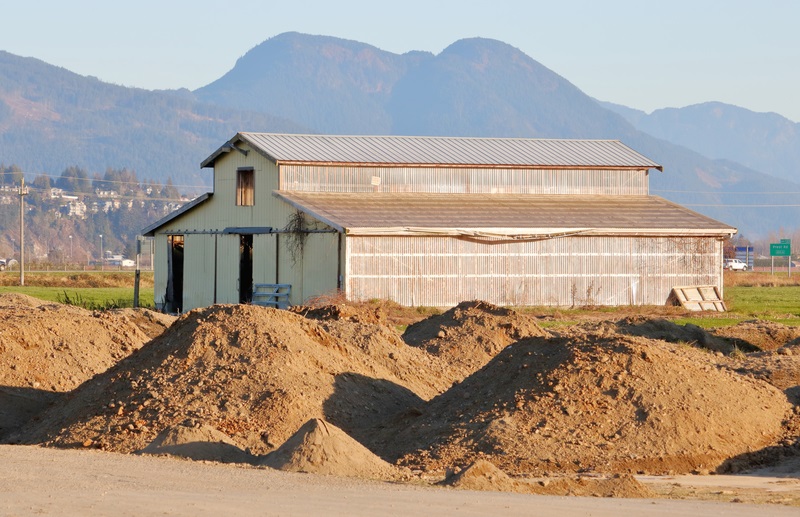Operational Guidance for Planning Boards and Zoning Boards of Adjustment During the COVID-19 Pandemic

On April 2, 2020, the New Jersey Department of Community Affairs, Division of Local Government Services (DLGS) issued guidance to municipal planning and zoning boards to ensure continuity of land use application procedures and due process while simultaneously adhering to the COVID-19 social distancing and health measures. The guidance notes that the statutory timeframes for application submissions, time for a board to act once the application is deemed complete and for approvals remain in effect. Thus, local units must ensure that public hearings are conducted timely and without procedural defect.
COVID-19 Guidance on Zoning Plans and Land Use Applications
To that end, the DLGS recommends local units consider receiving plans electronically and posting them for public review on and through the municipal website, dropbox, or some other online service that is available to the public at least ten days prior to the hearing. The DLGS also recommends a procedure allowing members of the public to contact the Board Secretary to receive a hard copy of the plans and application materials.
Public notices must now provide conference call access or web-meeting access information. Dial-in information must also be provided to accommodate individuals without computer access or a mobile device. The notice must also identify the websites on which the plans are posted, contact information for the Board Secretary, and all available means of achieving public access to all documents and the meeting itself. The notice should also state that individuals lacking the resources or know-how for technological access should contact the Board Secretary for assistance in accessing the plans and the meeting.
COVID-19 Guidance for Virtual Public Hearings
The DLGS recommends conducting public hearings via Zoom, Facebook, YouTube, or some other video-conferencing technology that will provide the most appropriate forum for the hearings. Preparing for and conducting a hearing will require cooperation and coordination between the applicant, the public, and the Board to ensure public access to the applicant’s exhibits and the orderly presentation of the applicant’s case and the cross-examination of witnesses.
Finally, the DLGS recommends that a court reporter participate in any virtual hearing transcribing the video session so as to meet the local unit’s continuing obligation to record and make public the minutes of public meetings. Alternatively, a record of the entire proceeding can be retained using the adopted virtual meeting technology.
A complete copy of the DLGS guidance may be found here. If you have any questions about this post or any other related matters, please feel free to email me at tpmckeown@norris-law.com. For other topics related to COVID-19, visit our Coronavirus Thought Leadership Connection.
The information contained in this post may not reflect the most current developments, as the subject matter is extremely fluid and constantly changing. Please continue to monitor this site for ongoing developments. Readers are also cautioned against taking any action based on information contained herein without first seeking advice from professional legal counsel.

